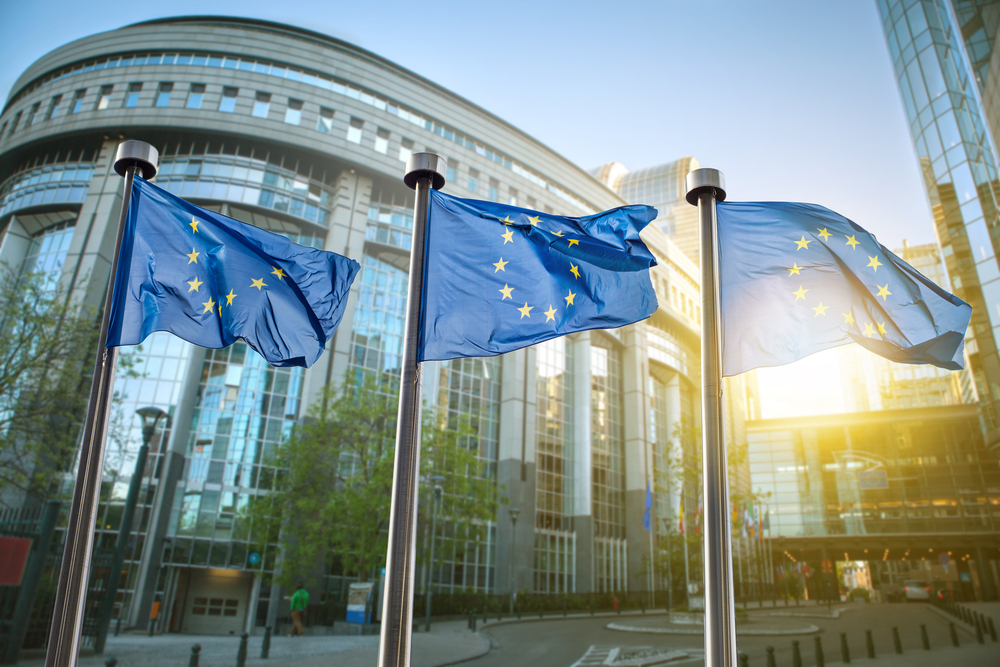Slow and divided progress by public authorities in bringing services online is holding back ambitions for an EU digital single market, the European Commission warned today.
This year’s report by the European Commission, which saw consultancy firm Capgemini survey over 10,000 websites across the EU member states, found that Europe is gaining digital maturity in online services.
Necessary advancements, however, are being made slowly – especially in the area of user experience – and more could be done to increase personalisation of online public services, particularly around mobile accessibility, transparency and the simplification of services.
>See also: Why a digital single market will help Europe become a tech leader
The report also concluded that countries must shift focus from a national level to a European level when delivering public services if the full potential of a digital single market is to be unlocked.
Despite a fast-growing number of mobile users, governments are still not fully utilising the opportunity offered by mobile devices for the further personalisation of services, the survey discovered.
Only one in four public websites was found to be mobile friendly, which can significantly accelerate growth. The UK, however, was highlighted as an example where mobile-responsive public websites have witnessed more than double the mobile traffic of their European counterparts.
The transparency benchmark showed a 3 percentage point improvement from the previous measurement, but was still deemed unsatisfactory as it stopped at 51%. The transparency of public organisations was 9 points above this benchmark at 60%.
According to the survey, users have gained better access to their personal data handled on government websites (increase of 5 percentage points to 52%), but they still face considerable barriers when it comes to the clarity of the service delivery process (increase of only 2 percentage points to 41%).
There were also fewer cases year-on-year where online forms were pre-filled with data that a government already knows about its citizens – implying that efficiency gains are yet to be realised.
A digital single market, which has the potential of EUR 340 billion in additional growth, hundreds of thousands of new jobs and a vibrant knowledge-based society, is not yet in sight, the report concluded.
Only very few online transactions were found to be possible when applying for public services, and the cross-border mobility indicator was still low at 48%.
“Europe must embrace the power of modern technology to transform public services to keep up with other regions globally,” said Dinand Tinholt, VP and global EU account director at Capgemini.
“Europe is currently in a position of potential. The key question is whether it can use that potential to truly deliver an advantage. Preparing digital strategies for realising a Digital Single Market is now more relevant than ever.”








